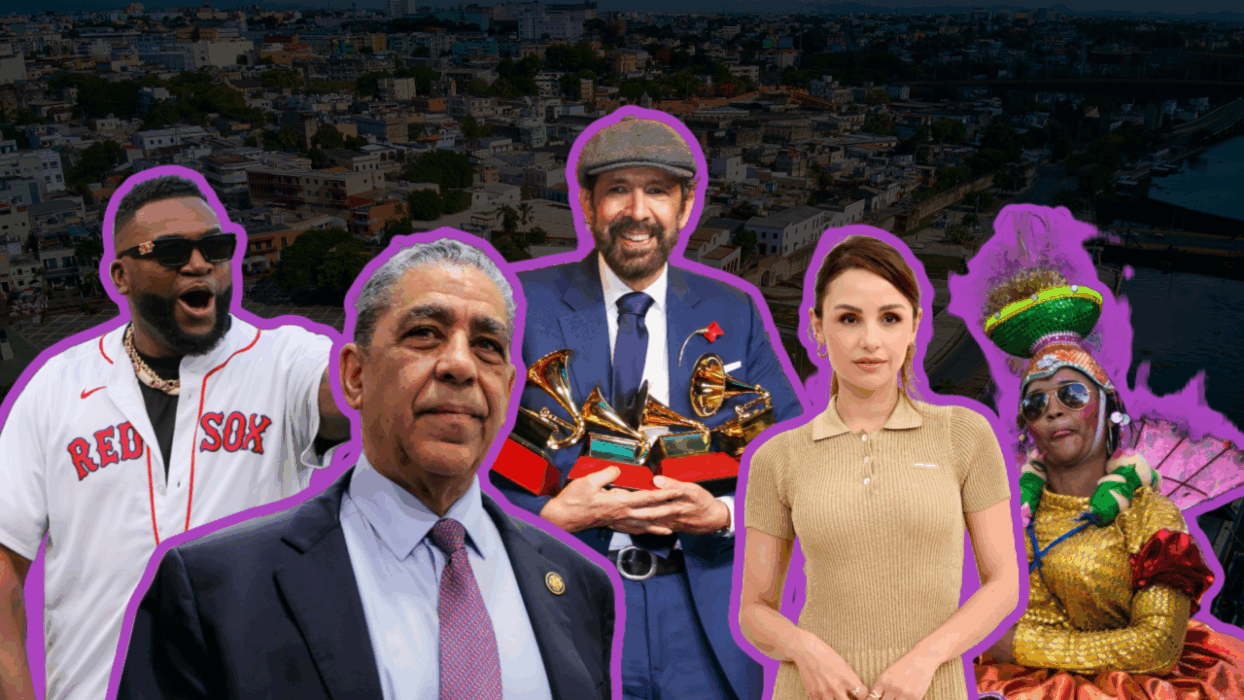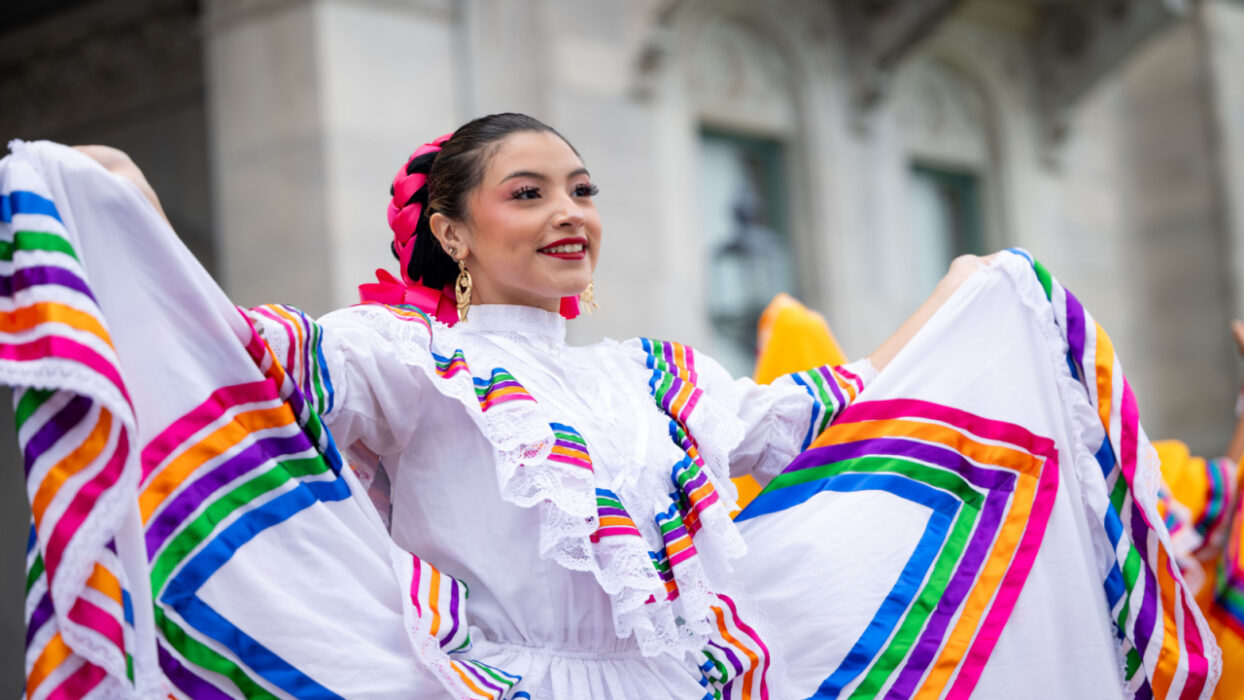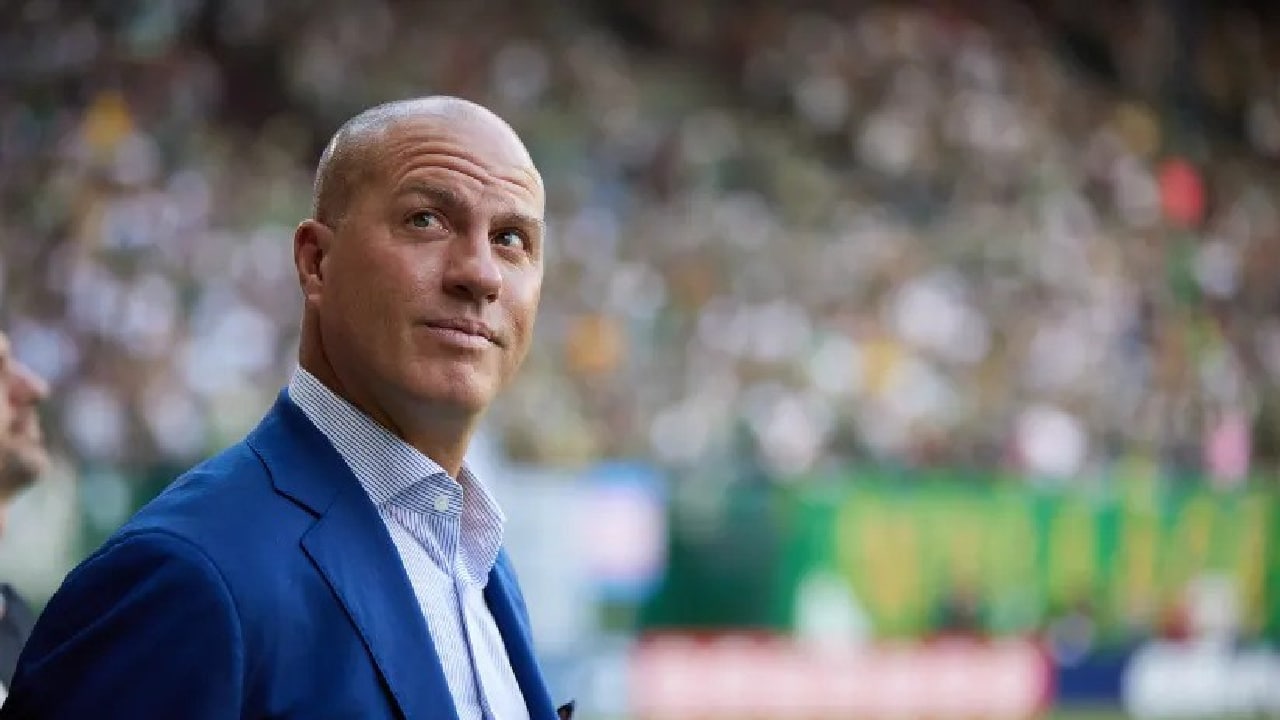
Giovanni Savarese Reflects on Latino Soccer Legacy as Player, Coach, and Analyst
Giovanni Savarese has lived soccer from every angle: player, coach, sporting director, youth director, and now broadcaster. Today, he serves as a Spanish-language studio analyst for MLS Season Pass. He is offering commentary on MLS 360, La Previa, and El Resumen. Born in Caracas, Venezuela, his career spans continents and decades. Yet, the microphone has given him a new way to shape the sport’s story.
“I feel truly grateful to have witnessed the game from so many different angles,” Savarese told mitú. “Each position brings something unique and essential, yet there’s a special shift that happens when you transition from active participation to offering commentary.”
According to Savarese, broadcasting allows him to step away from wins and losses as defining moments. Instead, he becomes a storyteller. “Taking up the microphone or pen lets you reach people in a new way, influencing how they view and connect with the sport,” he said.
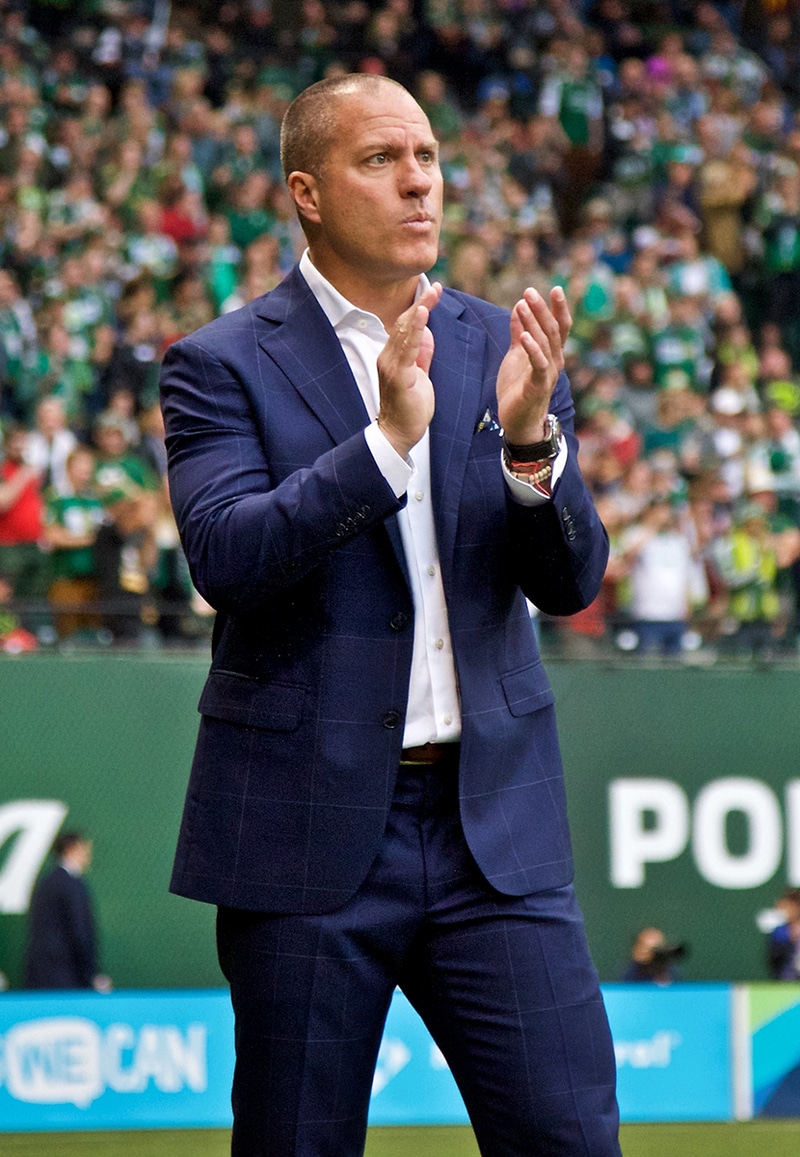
Latino influence has transformed Major League Soccer
Savarese became one of the original players in Major League Soccer in 1996, selected ninth overall by the New York/New Jersey MetroStars. That same year, he scored the team’s first-ever goal against the LA Galaxy. Reflecting on that moment nearly 30 years later, he connects it to how Latino presence shaped the league’s trajectory.
“Since the inception of Major League Soccer in 1996, Latino influence has played an essential role in its development,” he said. “It has helped foster strong connections between fans, communities, and the sport itself, enriching the league’s culture and atmosphere.”
Savarese explained that as the first Venezuelan to sign with MLS, he felt a sense of responsibility to open doors for future players. Today, nearly 30% of MLS’s fanbase is Latino, according to the league, and tournaments like Leagues Cup strengthen those ties with Liga MX.
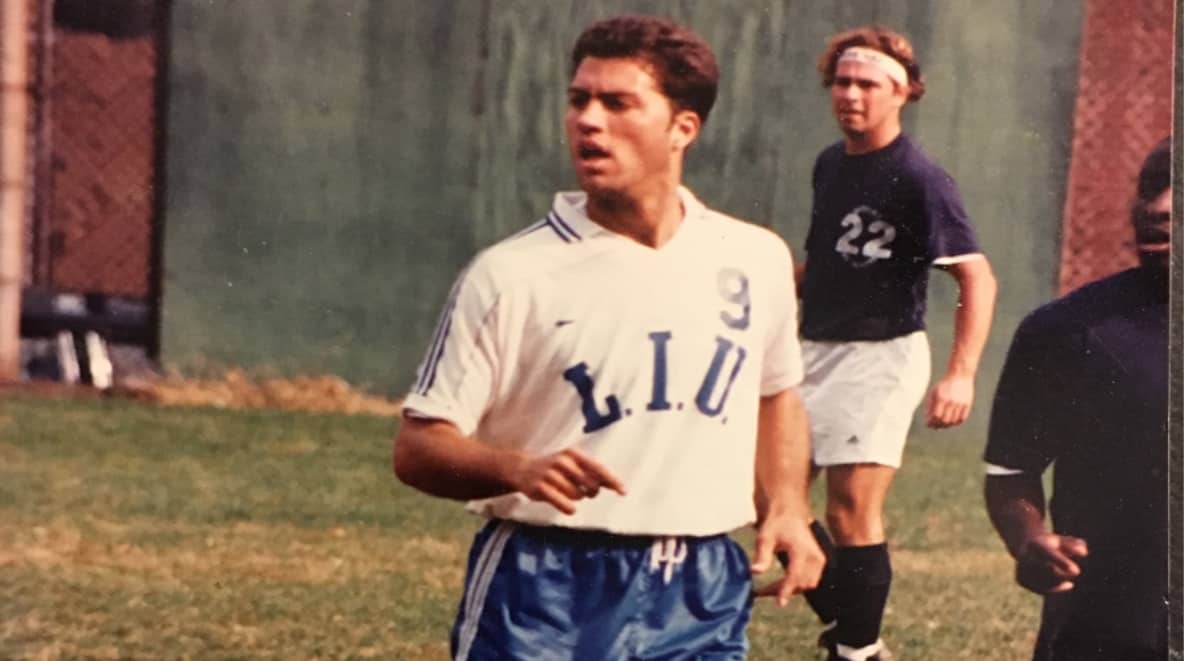
A Latino soccer analyst who leads with community
Before stepping behind the mic, Savarese spent years coaching, including a successful run with the Portland Timbers. His leadership style, he explained, came from Caracas.
“My upbringing was filled with vibrant community ties, the warmth of neighbors who became family, and the unwavering joy people found in togetherness despite challenges,” he said. He added that Venezuela’s mosaic of backgrounds and immigrant resilience shaped his philosophy: “Nothing of value comes without effort, and every achievement is earned through perseverance and adaptability.”
That belief translated into how he built locker room culture. During the MLS is Back Tournament in 2020, Savarese emphasized detail and collective spirit. The Timbers won the title under his leadership.
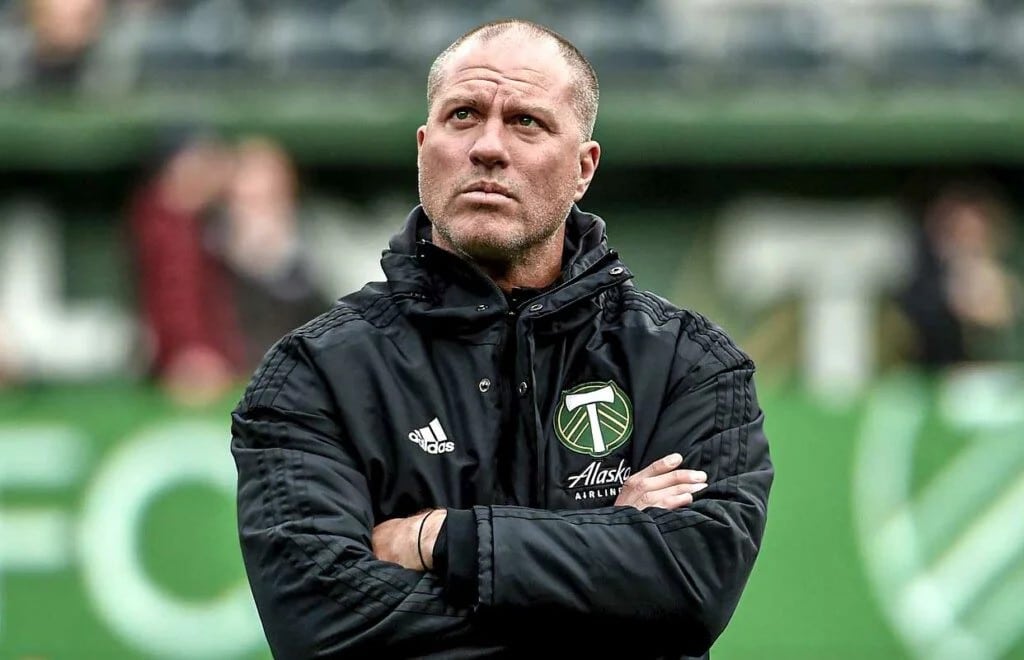
Language as a bridge in a multicultural league
Savarese is fluent in Spanish, Italian, Portuguese, and English. He views language and cultural fluency as essential to coaching and now to analysis.
“When players feel seen and valued, they invest more of themselves, not just for personal glory, but for something larger—an enduring sense of belonging and a common dream,” he said. For him, speaking multiple languages deepens those bonds.
MLS reflects that reality. The league has players from more than 80 nationalities and features bilingual coverage on MLS Season Pass. “Cultural fluency isn’t just a nice-to-have here — it’s essential,” Savarese emphasized.
What younger Latino players need to hear
Looking back on his early career, Savarese remembers pressure and uncertainty. As one of only four foreign players on the MetroStars roster in 1996, contracts weren’t guaranteed until July. Every match felt like a final.
“At that time, our contracts weren’t guaranteed until July 1, meaning every match felt like a final. After each game, there was the real possibility of losing your spot,” he said. “Yet, being from Venezuela posed an additional challenge. Soccer from my country didn’t have much recognition abroad in those days, so I had to work twice as hard just to prove myself.”
That perseverance, he explained, was about carving a path for others. Today, MLS is younger, faster, and more global than ever, with an average player age of just 26 and professional academies like MLS NEXT shaping talent.
“My message to them: stay resilient, stay authentic, and know that MLS is a place where your dreams can take root,” he said.

